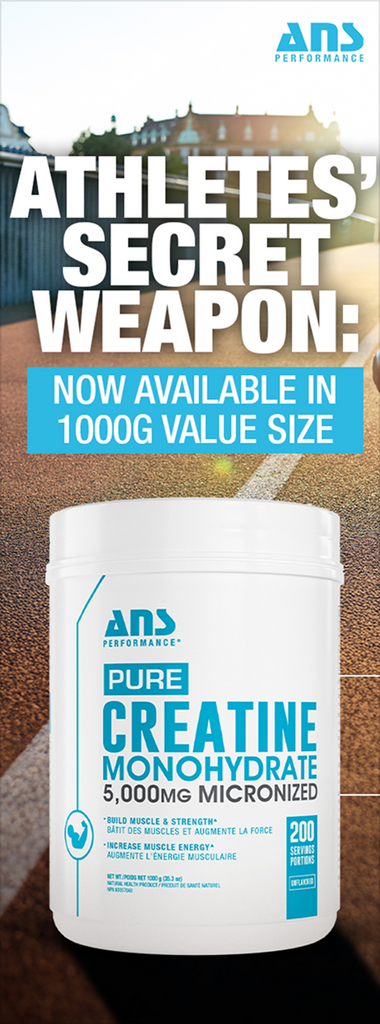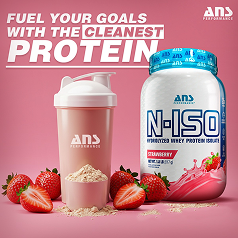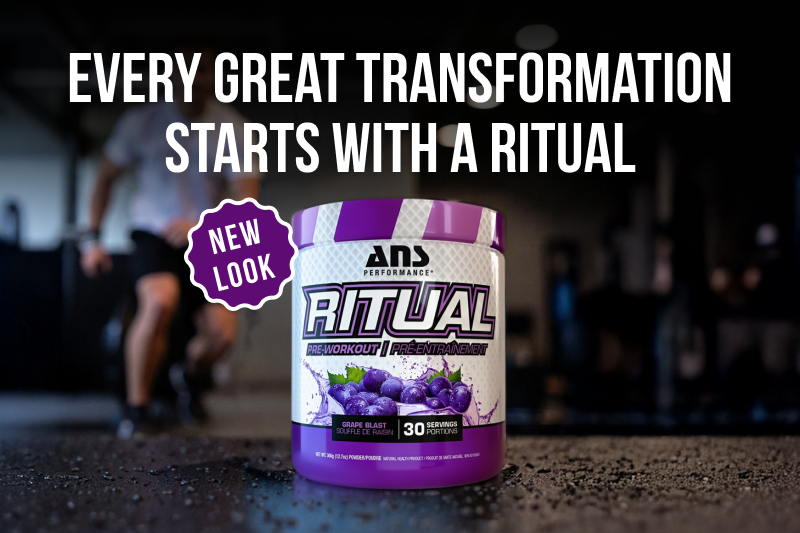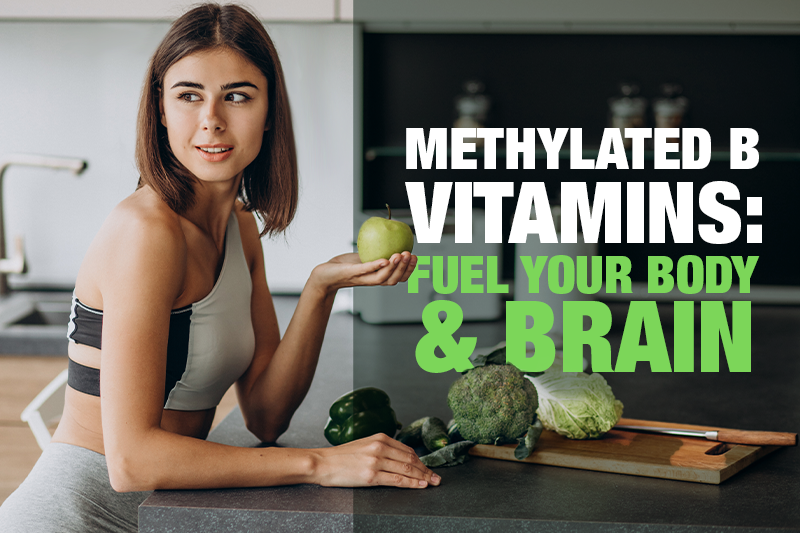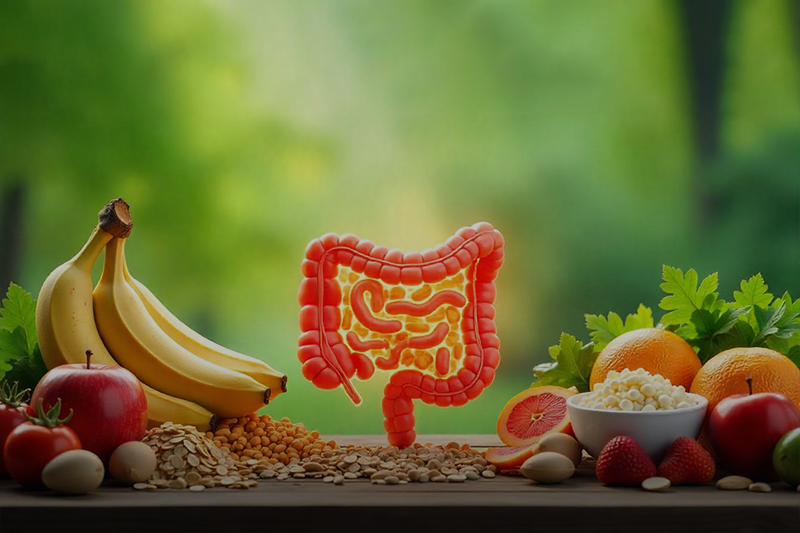
When estrogen levels are too high, women may experience symptoms such as weight gain, bloating, breast tenderness, headaches, and mood swings. High estrogen levels can also increase the risk of certain cancers, such as breast and ovarian cancer.

In addition to the natural fluctuations in estrogen levels that occur throughout a woman’s life, environmental xenoestrogens can also have an impact on estrogen balance. Xenoestrogens are chemicals found in the environment that mimic the effects of estrogen in the body. These chemicals can be found in plastics, pesticides, and other products.
Fortunately, there are several lifestyle and dietary changes women can make to help keep their estrogen levels balanced. Eating a diet rich in fiber, healthy fats, and phytoestrogens (plant-based estrogens) can help support healthy estrogen levels. Additionally, avoiding processed foods, alcohol, and caffeine can help reduce the risk of estrogen imbalance.
Herbal supplements can also be beneficial for supporting healthy estrogen levels. Some foods and herbs that may be helpful include cruciferous vegetables, chasteberry, and white button mushrooms. It is important to speak with a healthcare provider before taking any herbal supplements, as some may interact with medications or have other side effects.
Estrogen plays an important role in the health of women (and men); and an imbalance in estrogen levels can lead to a variety of symptoms. Fortunately, there are several lifestyle and dietary changes women can make to help keep their estrogen levels balanced, as well as herbal supplements that can support healthy estrogen balance.


